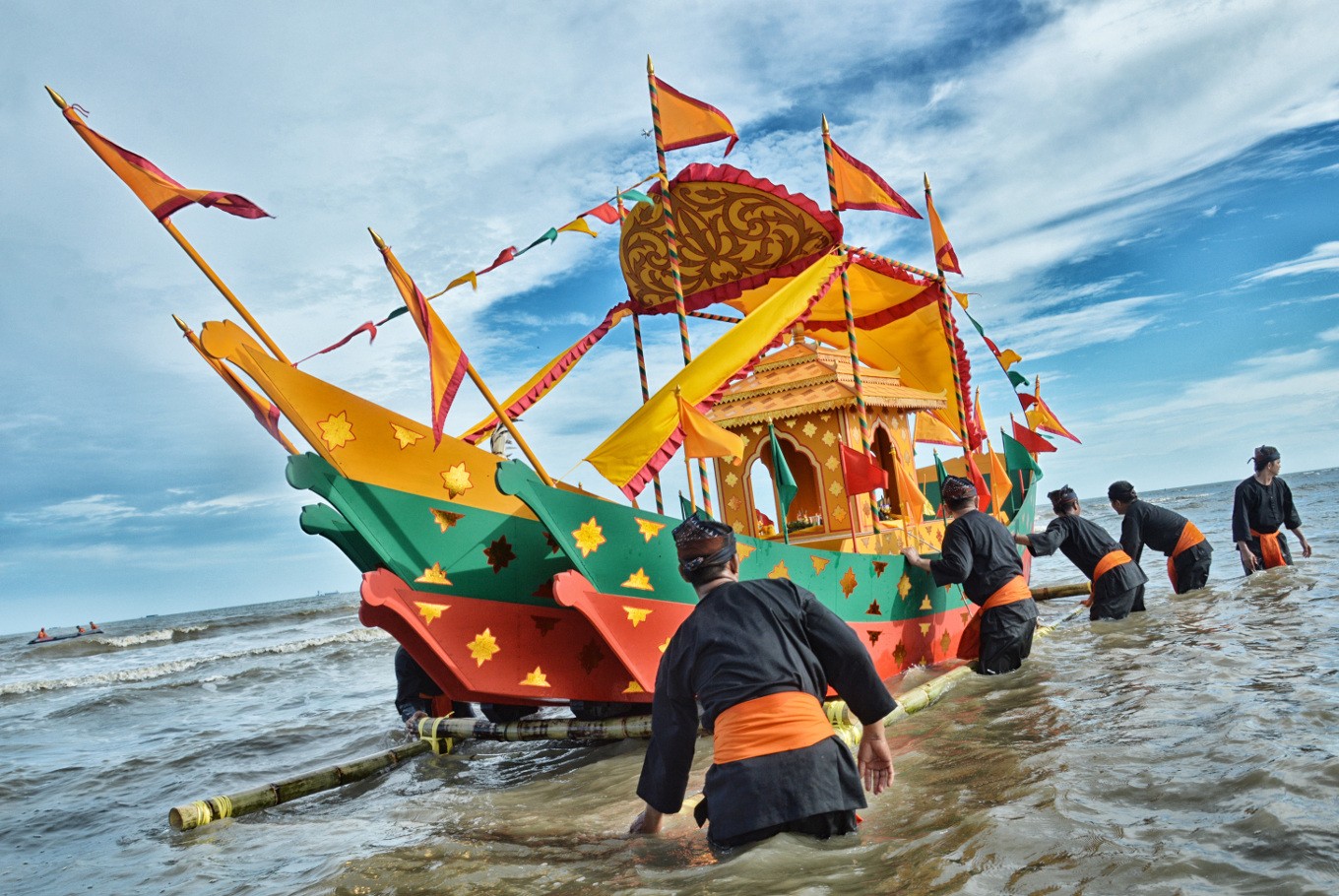Popular Reads
Top Results
Can't find what you're looking for?
View all search resultsPopular Reads
Top Results
Can't find what you're looking for?
View all search resultsThree of North Kalimantan's cultural works recognized as intangible heritage
Change text size
Gift Premium Articles
to Anyone
T
he Education and Culture Ministry has recognized three cultural works from North Kalimantan as Indonesian Intangible Cultural Heritage of 2017, following a ceremony on Oct. 4 in Jakarta.
According to the province's official website, among the recognized cultural works are the Tidung tribe’s traditional ceremony of sending a Padaw Tuju Dulung ship out to sea from Tarakan city, the Dayak tribe’s Kenyah Jatung Utang musical instrument from Metun Sajau village in Bulungan regency, and the Lalatip dance from Malinau regency.
North Kalimantan Education and Culture Office head Sigit Muryono said the province had actually submitted a total of nine cultural works to the ministry. “But six of them did not pass [the ministry's selection process] due to a lack of academic studies,” Sigit said in a press release. “’Insya Allah [God Willing] we will submit [them] again this year for the next Intangible Cultural Heritage.”
Read also: Cultural gallery marks anniversary with 'Unity in Diversity' performances
Sigit said the ministry’s recognition of North Kalimantan’s cultural works will support the province's efforts to boost tourism.
Up to 150 cultural works from 34 provinces were recognized by the ministry as this year's Intangible Cultural Heritage, which include Wayang Garing (Garing shadow puppet) from Banten, Tenun Serat Gamplong (Serat Gamplong woven fabric) from Yogyakarta, and the Mansorandak tradition from West Papua.
Started in 2013, Intangible Cultural Heritage aims to preserve the country's cultural heritage through cataloging, protecting, maintaining, rescuing and publishing cultural objects involving local administrations, communities and scholars. (kes)











